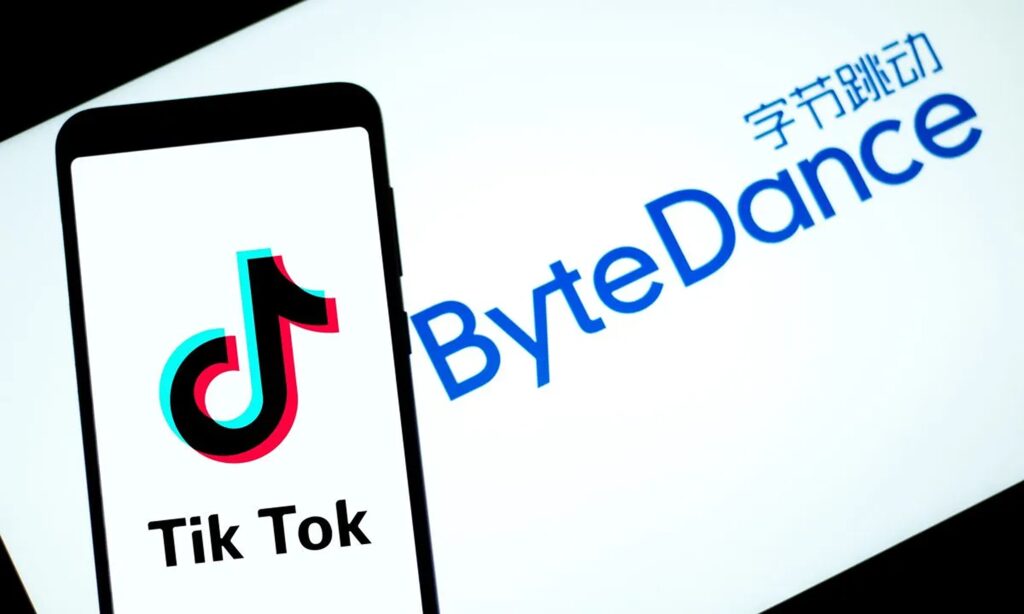TikTok has reiterated its concerns over free speech following the passage of a House bill that would mandate its Chinese owner, ByteDance, to sell its stake in the app within a year or face a ban in the U.S.
The bill, approved with a significant majority of 360 to 58 votes on Saturday, is now heading to the Senate for potential deliberation and voting in the near future.
President Joe Biden has indicated his willingness to sign the bill into law if it reaches his desk.
The bipartisan support for the bill stems from widespread apprehensions among U.S. lawmakers and the Biden administration regarding national security threats.
These concerns are primarily due to the possibility of the Chinese government forcing ByteDance to hand over data from TikTok’s 170 million U.S. users.
In an attempt to expedite the legislative process, the bill was included in a larger foreign aid package, which contrasts with a previous, similar bill that had stalled in the Senate.
TikTok responded to the House’s decision by stating, “It is unfortunate that the House of Representatives is using the cover of important foreign and humanitarian assistance to once again jam through a ban bill that would trample the free speech rights of 170 million Americans.”
This echoes the company’s previous criticisms of legislative actions against it, including a state ban in Montana, which TikTok claimed infringed on First Amendment rights.
The American Civil Liberties Union has also voiced opposition to the bill, citing concerns over free speech.
Meanwhile, Democratic Senator Mark Warner, chairman of the Senate Intelligence Committee, expressed worries on CBS News about TikTok being utilized as a propaganda tool by China, emphasizing the security risks associated with the potential for mass data collection.
The Knight First Amendment Institute at Columbia University criticized the bill for its inefficacy in preventing China or other adversaries from acquiring U.S. data through other means or conducting disinformation campaigns via U.S.-based social platforms.
Some Democrats, like Representative Ro Khanna, have suggested that the bill might not withstand judicial scrutiny based on constitutional free speech protections, advocating instead for stronger data privacy measures.
As the bill moves forward, its implications continue to be a topic of significant debate, reflecting broader tensions between the U.S. and China over technology and data security.
The dialogue was also a point of discussion in a recent call between President Biden and Chinese President Xi Jinping, where Biden raised concerns directly related to TikTok’s ownership.
